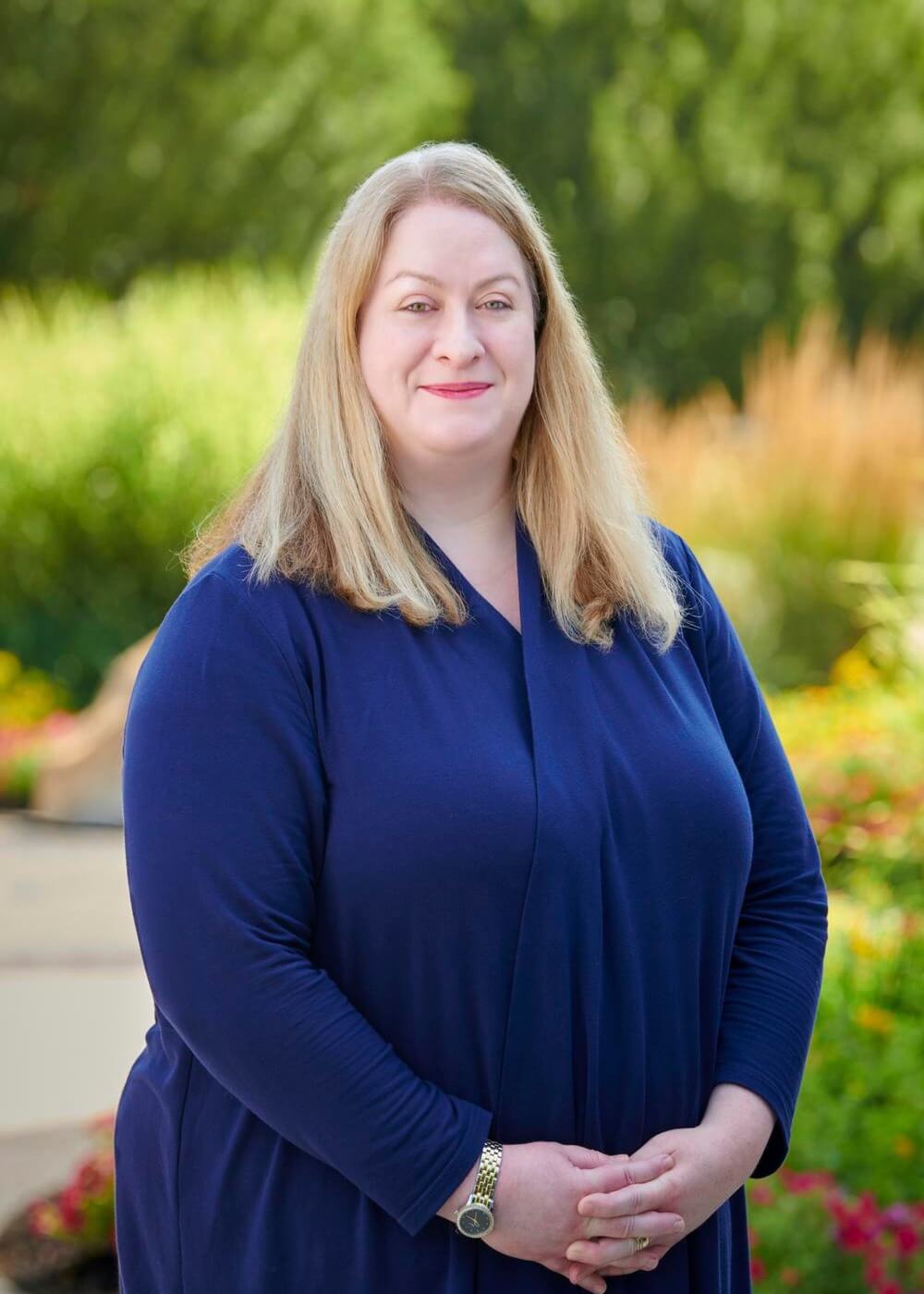Building a strong community through charitable giving is one of the tenets of American culture. In 2020, Americans made $471 billion in cash contributions to charity[1]. The vast majority of this money was given away by individuals — only about 4% was given away by corporations.
While reliable statistics remain scarce, it’s clear that in-kind philanthropy in the form of non-cash charitable contributions is still in its infancy compared to traditional cash donations. The gifting of objects remains an under-utilized tax strategy and a way for individuals and families to leverage their assets for tax savings. The potential for changes to tax law that would significantly boost taxes on the wealthy also make in-kind philanthropy a more appealing charitable option.
Donating High-Value Items to Charity
In-kind philanthropy is the donation of non-cash property and assets to qualified non-profit organizations. When high value personal property and assets are donated (in accordance with IRS guidelines) the result can be a significant tax deduction for the donor.
Opportunities for donating a significant amount of property or assets usually arise when high net worth individuals and families inherit, renovate, or sell property and decisions must be made about the fate of certain valuables that are no longer desired by the estate. Such contents may include upmarket kitchen cabinetry, appliances, furniture, fixtures, home décor, apparel, artwork, and all manner of collectibles.
These items usually end up either sold for a smaller percentage of their actual value, put in storage, or worse, thrown away. Donating high quality items to qualified charities can be a more advantageous solution for both the donor and donee. For example, in 2016, prior to its demolition, the furniture, kitchen, bath and lighting fixtures of a $16 million mansion in Montecito, California was donated and able to be repurposed for future use in a new home. This resulted in more than $115,000 in tax and removal savings for the donor[2]. The alternative was throwing away everything in a landfill at considerable cost.
Additionally, in 2019, the sale of a $10 million mansion in Southampton, New York, created an opportunity for the donation of all the art, antiques, lighting, and décor. The donor received more than $295,000 in tax and free removal savings¹. Hundreds of items were repurposed to benefit the “circular economy.”
Replace the Three Ds with the Four Rs
Buyers who are planning to renovate or demolish property face what is sometimes referred to as the three Ds: Dumpster, Devalue or Disappear. Each of these is a money-losing proposition. Instead, you can replace the three Ds with the “Four Rs”:
Return on investment
Reduce waste
Recycling jobs created
Repurposing vs. throwing away
In-kind philanthropy continues to grow in popularity due to the meaningful benefits donors reap by choosing this charitable path. In-kind philanthropy provides an opportunity for donors to practice sustainability, to create a family legacy and to inspire philanthropy within the larger community — not to mention the emotional satisfaction of donating high-quality goods and craftsmanship that will endure for many more years.
How to Make Donations
There’s a four-step process to donating high-quality items in this way:
1. Select the appropriate donee. For starters, vet the organization to ensure that it is a qualified 501(c)(3) non-profit organization and has stringent privacy policies. Then determine if the organization has the infrastructure to provide the required paperwork and responsiveness to handle the logistics of item documenting, pickup, follow-up, etc.
2. Initiate the donation. The donee or an IRS-qualified appraiser should first complete a contemporaneous on-site inspection. Then you’ll receive an estimated value range along with the appraisal fee. To complete the process, you will document a counter-signed donation agreement with an approved inventory list.
3. Handle the donation logistics. Obtain the charity’s certificate of insurance and set up a schedule for item pickup and removal. Then identify an on-site contact from the donee and reinforce all privacy and building requirements.
4. Finalize the appraisal and tax paperwork. Working with an IRS-qualified appraisal company, you will obtain IRS Form 8283 with original signatures from the appraiser and the donee. Then you’ll submit this form, along with the appraisal, to the IRS along with your annual tax filing.
How Simon Quick Can Help
Simon Quick collaborates with Renovation Angel, a 501 (c)(3) non-profit organization that specializes in helping affluent individuals and families with in-kind philanthropy. We will also coordinate with your tax specialist to ensure compliance and maximum savings potential. To learn more, call us at (973) 525-1000 or send an email to [email protected].
REFERENCES
[1] https://fortune.com/2021/06/15/americans-gave-a-record-471-billion-to-charity-in-2020-pandemic/
[2] Renovation Angel
DISCLAIMER
Simon Quick Advisors, LLC (Simon Quick) is an SEC registered investment adviser with a principal place of business in Morristown, NJ. Simon Quick may only transact business in states in which it is registered, or qualifies for an exemption or exclusion from registration requirements. A copy of our written disclosure brochure discussing our advisory services and fees is available upon request. References to Simon Quick as being “registered” does not imply a certain level of education or expertise. No information provided shall constitute, or be construed as, an offer to sell or a solicitation of an offer to acquire any security, investment product or service, nor shall any such security, product or service be offered or sold in any jurisdiction where such an offer or solicitation is prohibited by law or registration. Additionally, no information provided in this report is intended to constitute legal, tax, accounting, securities, or investment advice nor an opinion regarding the appropriateness of any investment, nor a solicitation of any type. Past performance may not be indicative of future results. Different types of investments involve varying degrees of risk. It should not be assumed that future performance of any specific investment or investment strategy will be profitable, equal any corresponding indicated performance level(s), be suitable for your portfolio or individual situation, or prove successful.


